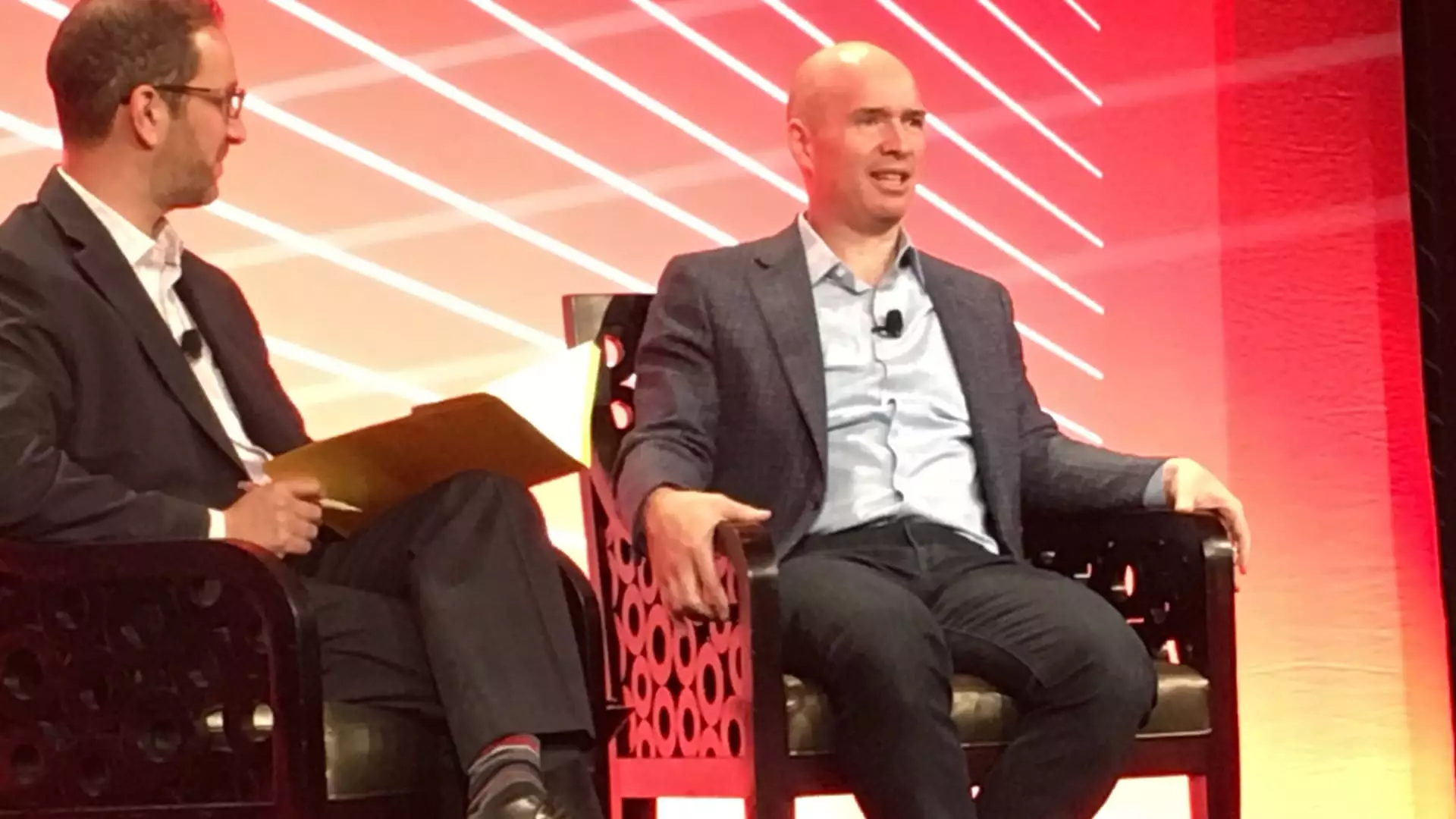In a noteworthy political pivot, Ben Horowitz, a prominent venture capitalist and co-founder of Andreessen Horowitz, has recently announced his decision to donate to Vice President Kamala Harris’ 2024 election campaign. This shift is particularly striking given that Horowitz, just months earlier, had pledged support to political action committees endorsing former President Donald Trump. The rapid reversal raises questions about the motivations behind such philanthropic choices and the implications for the venture capital community.
Horowitz’s letter to employees revealed that his decision stems from a longstanding friendship with Harris, which he claims has flourished over the past decade. Together with his wife, Felicia, Horowitz’s personal ties to Harris seems to have taken precedence over the previously expressed political loyalty to the Trump campaign. This highlights not only the fluidity of political allegiances but also how personal relationships can heavily influence financial contributions in the political realm.
The letter, which was first reported by Axios, indicated that the couple will be making a “significant donation” to the Harris campaign, suggesting that their investment in her candidacy is not merely symbolic but rather reflects a deeper commitment to her policies and vision. The choice to support Harris instead of Trump demonstrates the unpredictable nature of political support in Silicon Valley, which has often leaned towards Democratic agendas despite its sometimes conservative undercurrents.
In the context of their previous support for Trump, Horowitz and other partners have articulated their motivations in a blog post that defended their alignment with the former administration based on supporting a “little tech agenda.” This agenda emphasizes the need for policies that favor small and emerging tech firms, as opposed to larger monopolistic entities. Horowitz’s explanation suggests that their political engagement has been less about party loyalty and more about fostering the growth of smaller tech businesses, which can thrive under certain political environments.
However, the decision to pivot towards supporting Harris raises questions about how venture capitalists assess the potential impact of political figures on their industries. Does personal relationship trump political ideologies, or is there a nuanced evaluation taking place where potential policy shifts surrounding startups and tech regulations under a Harris presidency are seen as favorable?
As 2024 approaches, Horowitz’s dual endorsements will undoubtedly resonate within the tech community. While his support for Harris may strengthen her foothold among venture capitalists traditionally aligned with Democratic values, it simultaneously poses a dilemma for those who have previously supported Trump, creating an environment of division. The foundational principles guiding tech investments—including innovation, regulation, and entrepreneurship—will be closely scrutinized under the changing landscape of political affiliations.
Ben Horowitz’s financial commitment to Kamala Harris serves as a significant marker of the shifting political landscape within the venture capital arena. His actions highlight the intricate dance between personal interaction and political strategy, serving both personal and professional interests. As industry leaders navigate these loyalties, the tech sector may find itself at a crossroads of ideologies, with future campaigns shaped by these nuanced choices.


Leave a Reply